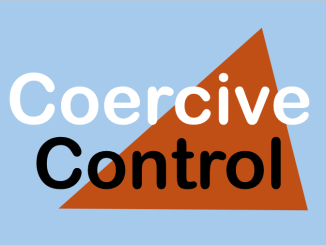When I am working with clients in relationship counselling I often introduce the 24 hour rule.
What is the 24 hour rule?
It’s a pretty simple one – my relationship counselling clients are asked to avoid speaking about anything that has happened in their relationship more than 24 hours ago.
This might seem counterintuitive, I mean, aren’t we meant to be talking about issues? Yes, of course, but the 24 hour rule gives clients a chance to break the cycle that may have led them to seek out some assistance.
The 24 hour rule comes from the relationship and communication theory that I use extensively in practice – Transactional Analysis (or TA).
TA theory says that people bringing up events from the past when discussing current issues are no more than playing games with each other.
It’s no different to name-calling or insulting someone over their physical appearance – it is an attack strategy that leaves the other person in an often defenseless position (the past cannot be changed, no matter how much we might like it to).
This leaves person B with the only possible defense – dragging up an imperfection or mistake made by person A (and around and around we go).
Here’s an example; person A asks person B to pick up some milk on the way home from work, and person B forgets.
The discussion that occurs when person B gets home without the milk should ONLY be focussed on why and how the milk was forgotten, not the thing that person B did three years ago that is still obviously not resolved.
The 24 hour rule gives my clients a chance to remove some of the emotional weight off of their shoulders.
It enables them to remain focussed on the present and to try and break the cycle of ‘score keeping’ i.e. when partners keep score on the good things they’ve done and the not so good things the other person has done (a prime ‘game’ in TA theory).
So do we just forget unresolved issues and trauma? No, the appropriate place to discuss issues that are still having an impact on the relationship is in the therapy room.
As part of the 24 hour rule (often as a between sessions exercise) I ask clients to think through historical issues with a view to trying to resolve, or at least better understand, what occurred.
If the clients do have things from the past that they would like to investigate, understand and hopefully resolve, we do this together in a respectful manner.



